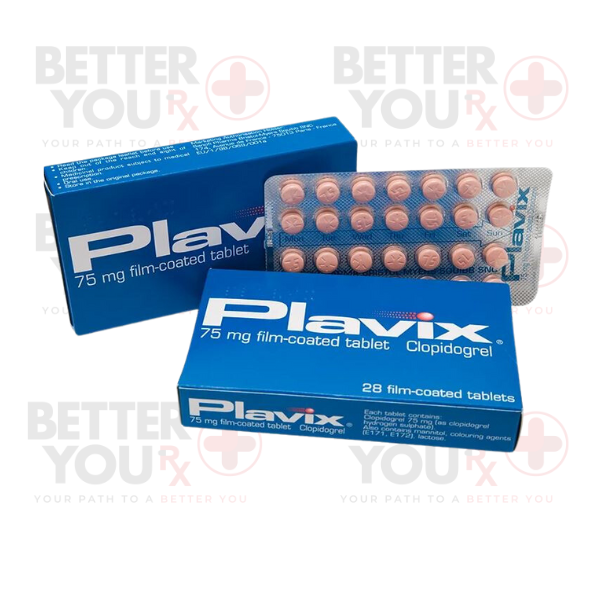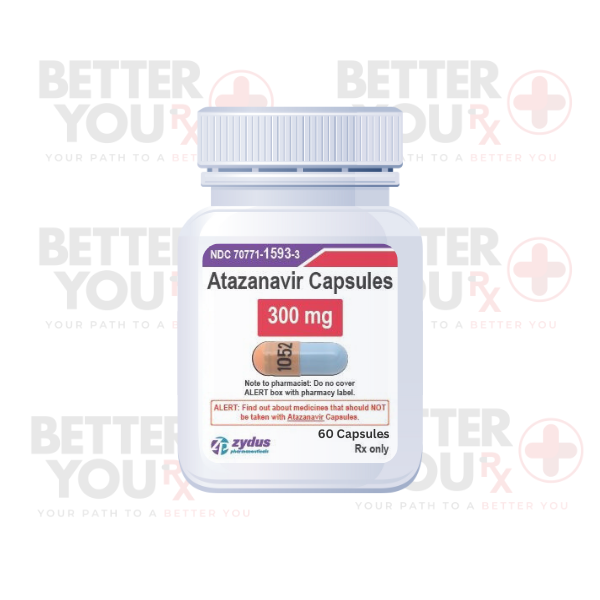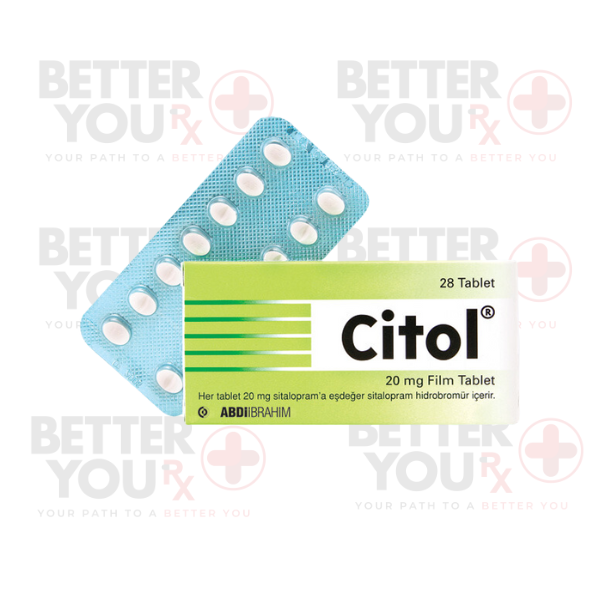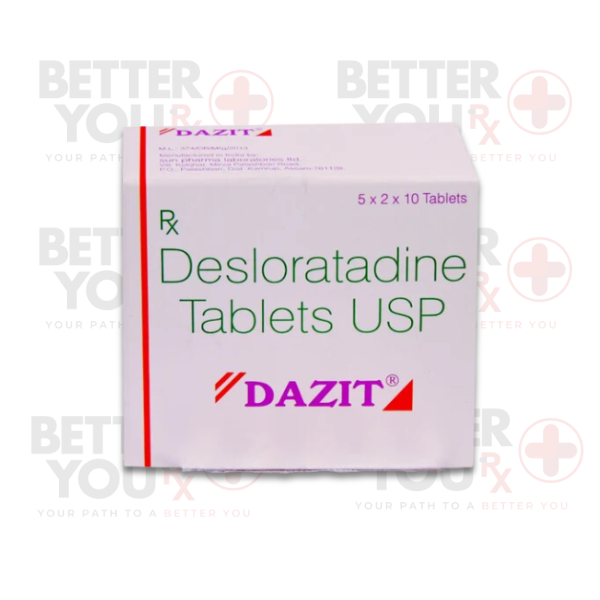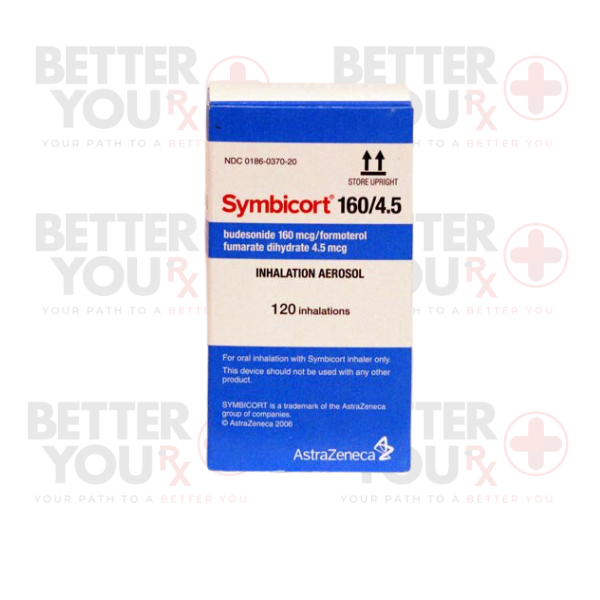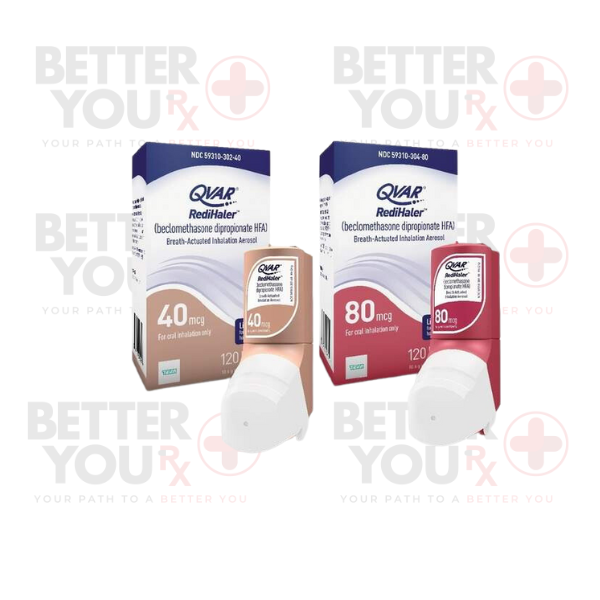| Usage |
Usage
Solifenacin is provided in tablet form for oral administration. Usually, solifenacin is prescribed to be taken once daily, with or without food. To ensure consistent use, it's advisable to take solifenacin at approximately the same time each day. Follow the instructions on your prescription label meticulously, and don't hesitate to seek clarification from your doctor or pharmacist regarding any aspects you find unclear. Adhere to your doctor's instructions precisely; avoid taking more or less than prescribed or increasing the frequency of administration.
Ingest the tablets whole; do not break, chew, or crush them. You can take the tablets with water or another suitable liquid. Initially, your doctor may start you on a lower dose of solifenacin, with the possibility of adjusting the dosage as your treatment progresses. While solifenacin may help manage your symptoms, it does not provide a cure for your condition. Continue taking solifenacin even if you feel well, and consult your doctor before discontinuing its use.
|
| Side Effects |
Side Effects
Solifenacin may lead to certain side effects. Inform your doctor if any of the following symptoms become severe or do not improve:
• Dry mouth
• Constipation
• Stomach pain
• Upset stomach
• Vomiting
• Heartburn
• Dry eyes
• Blurred vision
• Profound fatigue
While these side effects are common, some can be more serious. Although the following symptoms are rare, if you experience any of them, contact your doctor promptly:
• Severe stomach pain
• Constipation persisting for more than 3 days
• Painful or frequent urination
• Blood or cloudiness in urine
• Back pain
• Inflammation or swelling of the face, throat, tongue, lips, eyes, hands, feet, ankles, or lower legs
• Hoarseness
• Difficulty breathing or swallowing
Solifenacin may induce other side effects not mentioned here. Should you encounter any unusual problems while taking this medication, consult your doctor for guidance.
|
| Storage |
Storage
• Keep it in its original container, securely sealed, and out of children's reach.
• Store it at room temperature, away from excessive heat and moisture (avoid bathroom storage).
• Dispose of unneeded medications through specialized programs to prevent accidental consumption by pets, children, or others. Avoid disposing of the medication by flushing it down the toilet.
• Seek information on medicine take-back programs from your pharmacist or local garbage/recycling department.
• Be vigilant about keeping all medications, including those in containers like weekly pill minders, eye drops, creams, patches, and inhalers, out of sight and reach of children. Utilize safety caps and store medication securely to prevent unintentional ingestion or poisoning.
|
| Precaution |
Precaution
Before using solifenacin, inform your healthcare provider about the following:
• Allergies: Notify your doctor and pharmacist of any allergies to solifenacin, other medications, or corn.
• Medications: Share a list of all prescription and nonprescription medications, vitamins, and nutritional supplements you're taking. Particular attention should be given to certain drugs, including but not limited to amiodarone, antifungals (e.g., fluconazole, itraconazole), carbamazepine, cimetidine, cisapride, clarithromycin, cyclosporine, danazol, delavirdine, dexamethasone, and many others. Your doctor may need to adjust your medication doses or monitor you for potential side effects.
• Herbal Products: If you're using herbal products, especially St. John's wort, inform your doctor.
• Family Medical History: Discuss any history of prolonged QT interval (a heart conduction issue that can lead to fainting) or unexplained fainting in your family.
• Medical Conditions: Inform your doctor if you or your family members have a history of QT interval issues, unexplained fainting, glaucoma, bladder or digestive system blockages, difficulty urinating, myasthenia gravis, ulcerative colitis, benign prostatic hypertrophy (BPH), constipation, or liver/kidney disease.
• Pregnancy and Breastfeeding: Notify your doctor if you are pregnant, planning pregnancy, or breastfeeding. Do not use solifenacin while breastfeeding.
• Surgery: If you are undergoing surgery, including dental procedures, inform your healthcare providers about your solifenacin use.
• Impaired Vision: Solifenacin may cause blurred vision. Refrain from driving or operating machinery until you fully understand how this medication affects you.
• Heat Sensitivity: Be aware that solifenacin may reduce your body's ability to cool down in hot conditions. Avoid extreme heat exposure, and seek immediate medical help if you experience symptoms like fever, dizziness, upset stomach, headache, confusion, or rapid pulse after heat exposure.
|


